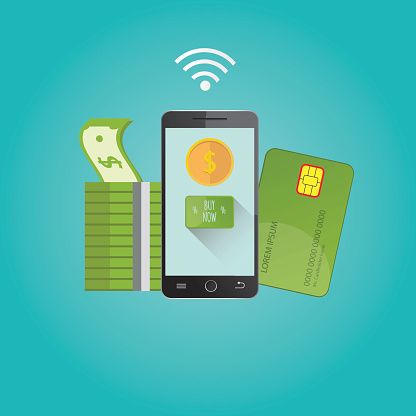
Does Your eCommerce Website Need a Mobile App?
At some point as an eCommerce retailer, you might have asked whether your website should have a mobile app or mobile browser. While many eCommerce companies already incorporate responsive design into their websites or mobile browsers, apps can offer retailers additional benefits that improve customer engagement and retention.
A Few Facts about Mobile Commerce
Mobile commerce has been heavily on the minds of retailers lately as usage and sales continue to rise. Consumers in the US spent $104.05 billion on mobile purchases in 2015, up from $75.03 billion the year before. That figure is expected to balloon to $284 billion by 2020, totaling 45 percent of all eCommerce sales.
While the majority of mCommerce sales today come from mobile browsers, sales from apps are steadily rising. Last year revenues from mobile apps reached more than $41 billion, with projections to hit $101 billion by 2020.
The Secrets of Mobile Apps
The current research on revenue from mobile apps is hard to ignore. As app usage and sales grow, tech-savvy retailers that understand the ROI of apps will find themselves ahead of the pack. What major eCommerce players know is that apps don’t replace browsers, they complement and add value to them. Mobile apps are intended to do things browsers can’t, and as a result, provide tremendous opportunity to boost customer experience, engagement, and loyalty in ways not possible with mobile browsers.
Before we get into the benefits of apps, there’s one thing you should know: don’t try to make your app behave like a browser. If you do, you’ll only annoy customers. Because the shopping experience on an app is intended to be different than a browser, your customers will wonder why they downloaded your app in the first place and never use it again, or worse, delete it. This is obviously a bad strategy when it comes to driving customer satisfaction.
How Mobile Apps Add Value on Top of Browsers
1) Push Notifications
When customers first sign in to your app they can opt-in for push notifications. Push notifications are alerts about sales, promotions, or special offers sent directly to your customer’s phone or tablet, often based on their location and shopping history. Push notifications let you reach customers in real time with personalized messages about new products they might be interested in or upcoming sales on items they’ve already viewed. You can also quickly send service-based alerts such as when a product has been shipped.
For many eCommerce retailers, push notifications have a meaningful impact on customer engagement and retention. Recent research shows that customers who enable push notifications have a retention rate three times higher than those who don’t.
2) Geo-Based Technologies
Mobile apps leverage geo-based technology, also called geotagging or geolocation, to pinpoint a customer’s physical location. While not a new technology, geolocation creates a highly personalized shopping experience that often enables multichannel commerce. For instance, if a customer views a certain product in your app and then it goes on sale at a local store, they receive a notification on their phone with details of the sale and the address of the nearest local store.
3) Beacon Technologies
Beacons are sensors that send a signal to a smartphone or tablet. Once the smartphone or tablet receives the signal, it displays specific information to the user based on their proximity to a product. Imagine a customer walks into a housewares store that has a beacon installed. She wanders into the beverageware section to look at wine glasses, and with the store’s app downloaded on her phone, instantly receives product information and promotions about the specific set of glasses she’s standing in front of.
While this type of proximity marketing is still new, the predicted number of sales from beacon technology is expected to top 44 percent in 2016, a huge jump from 4.1 percent in 2015. With a projected 400 million beacon deployments by 2020, what’s currently considered a new technology might just become the standard for retailers.
Mobile Commerce Isn’t an Either/Or Choice
As we’ve seen, retailers don’t have to choose between an app and a mobile browser. Mobile apps simply provide features that boost customer retention and engagement, extending a retailer’s reach and distribution of content. Today’s major eCommerce players understand that having both a desktop and mobile website is a must-have.
What considerations are on your mind when it comes to mobile apps? Have you found other advantages to apps we haven’t touched on here?
Tony Schwartz is a senior Demandware technical architect at Lyons Consulting Group. He has led eCommerce platform implementations for top retailers such as Columbia Sportswear, RadioShack, True Religion, Eastern Mountain Sports, and more. Follow Tony on LinkedIn.

